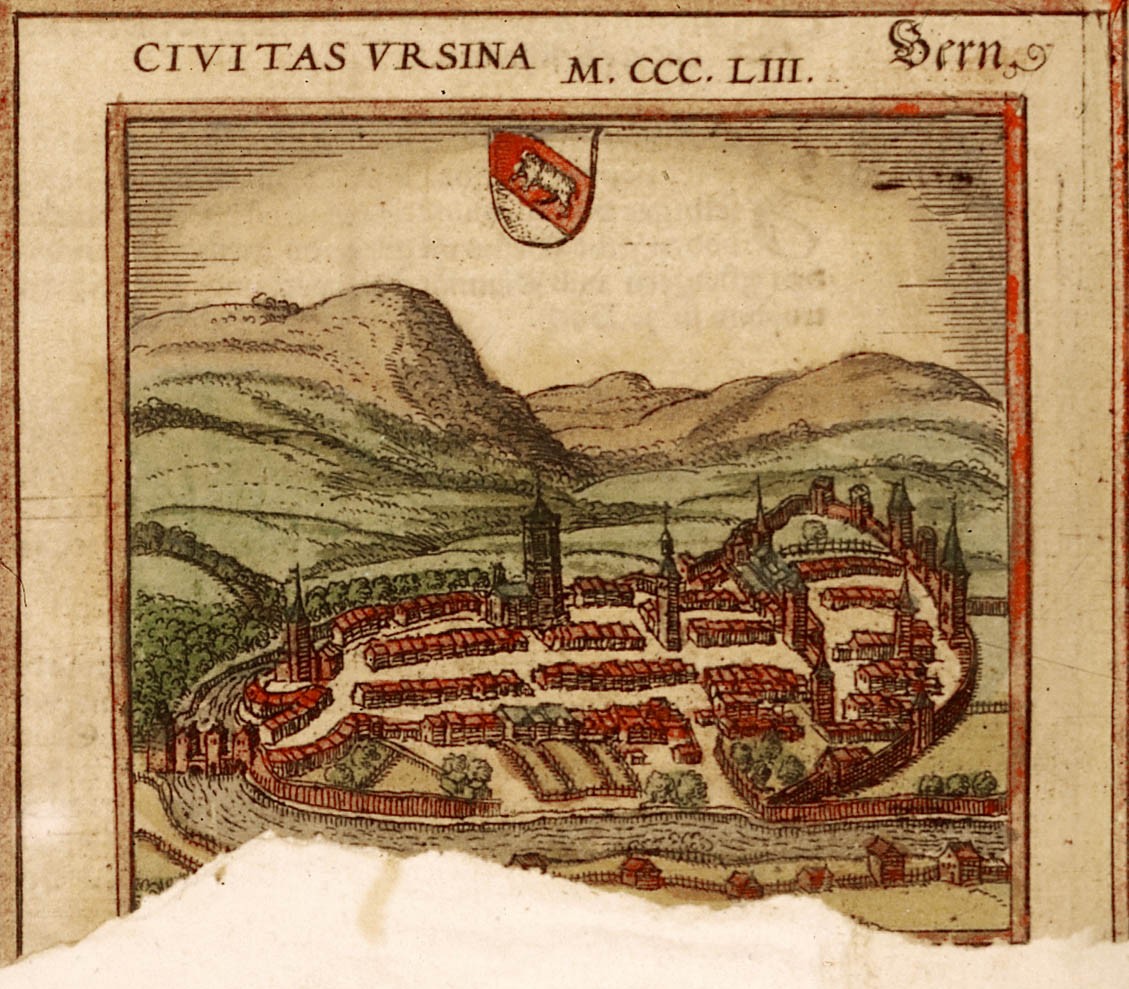 General Reform of the Church
in Bern, 1528 [Excerpts]
General Reform of the Church
in Bern, 1528 [Excerpts][Introductory note: The following decree of the government of the city of Bern in Switzerland typefies many aspects of urban Reformation during the 1520s. Note that the government requires all church officers -- deacons, chaplains, and the bishop -- to abrogate their obedience to the institutional church and instead swear an oath of loyalty to the city authorities. Also included among the government's interventions are a series of liturgical reforms, an open-ended declaration that reforms of the Christian sacraments will be undertaken in a manner consistent with "divine will," and the introduction of clerical marriage. But note also the caution with which the magistrates proceed: reform of lay brotherhoods, for example, will await a future accounting; furthermore, the trappings of traditional religious practice will remain unchanged, "to avoid aggravation." This reflects, first, the ongoing influence of councilors hostile to the Reformation; the reform party only got a majority on the council at the Easter elections of 1527, and only then did Bern proceed to a disputation -- the usual, initiating act of reform. The Disputation of Bern (6-26 January 1528) proved a crucial event in the Swiss Reformation: by throwing its weight behind the Reformation, Bern assured the permanence of evangelical reforms within the Confederation. Zürich -- until then the only reformed canton thus far -- would no longer stand alone against the Catholic cantons. The canton of Basel would follow soon after, in February 1529; St. Gallen and Schaffhausen would follow suit in 1529 and 1530, respectively. A second reason for Bern's hesitance had to do with the large territories under its control. Bern's canton was largest in the Swiss Confederation, and its main area of influence was to the French-speaking and overwhelmingly Catholic west; the Bernese hinterland, also, was full of peasant communes that proved highly resistant to Reformation. Thus the Bernese council tried to stear a middle course between full-bore reform and toleration of Catholic subjects.]
Image: Civitas Ursina [Bern], from Braun and Hogenberg, Civitates Orbis Terrarum I 32, 1st Latin edition (1572). After a woodcut in Johann Stumpf, Scwyzer Chronik (1548). Image source: "Historic Cities," Department of Geography, the Hebrew University of Jerusalem and the Jewish National and University Library.
Contents:
Preamble
Abrogation of Ecclesiastical
Oaths
Abolition of the Catholic
Mass
Reform of the
Sacraments
Reform of Pious
Brotherhoods
Reform of Vestments,
Ornaments and the Like
Introduction
of Clerical Marriage
Reform of
Monasteries, Male and Female
Reform of the Rural
Priesthood
[A Chronology of
the Reformation in Bern]
[Reference Map of Bern Canton
in the Sixteenth Century]